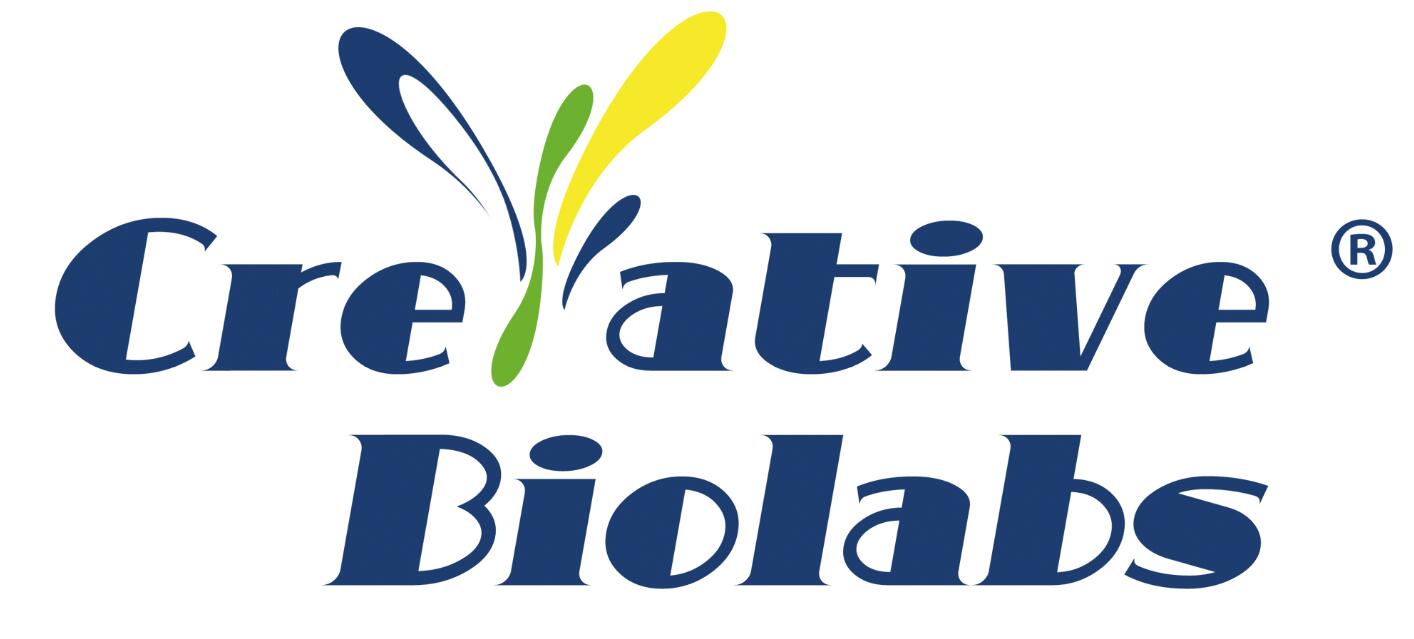Recently, the US National Academy of Sciences (PNAS) published the latest project progress of a group of Israeli scientists. They prepared several kinds of anti-HER3 monoclonal antibodies. By comparing their ability in accelerating HER3 degradation, reducing downstream signals, inhibiting the growth of culture cells, recruiting immune cells and other aspects, scientists found that one of these antibodies was able to significantly inhibit the growth of pancreatic cancer cells in mice, which is of great significance in treating pancreatic cancer by antibody therapy.
 Human EGF receptor plays an important role in promoting the development tumors. Therefore, the strategy of treating cancer by blocking EGFR has been well developed and clinically proved.
Human EGF receptor plays an important role in promoting the development tumors. Therefore, the strategy of treating cancer by blocking EGFR has been well developed and clinically proved.
But at the same time, treatment resisting often occur in patients who have accepted this kind of treatment. What’s more, it was found in some cases that this resistance may be associated with the activation of HER3. Therefore, researchers proposed that this treatment resisting may be reduced by blocking HER3’s function.
In previous studies, Yosef Yarden research team and other researchers have developed some antibodies directed against HER3, but which is the most effective one in inhibiting tumorigenesis has not been proved yet. To solve this problem, in this article, the researchers prepared a few anti-HER3 monoclonal antibodies. By culturing cells in vitro and treating the experimental animals, they found an anti-HER3 antibody that was capable of blocking the interaction between tumors and the matrix layer, while promoting HER3 degradation. Perhaps it is more effective in inhibiting tumor growth than that of other antibodies.
In summary, with animal tumor tolerance test and in vitro tumor cell experiments, the article found an anti-HER3 monoclonal antibody that can effectively inhibit the growth of pancreatic cancer cells and does better in functioning inhibitory effect of tumor growth compared with previously prepared anti-HER3 antibody. This very antibody is predicted to be the gospel for many cancer patients.
Related product: anti-HER3 monoclonal antibodies
